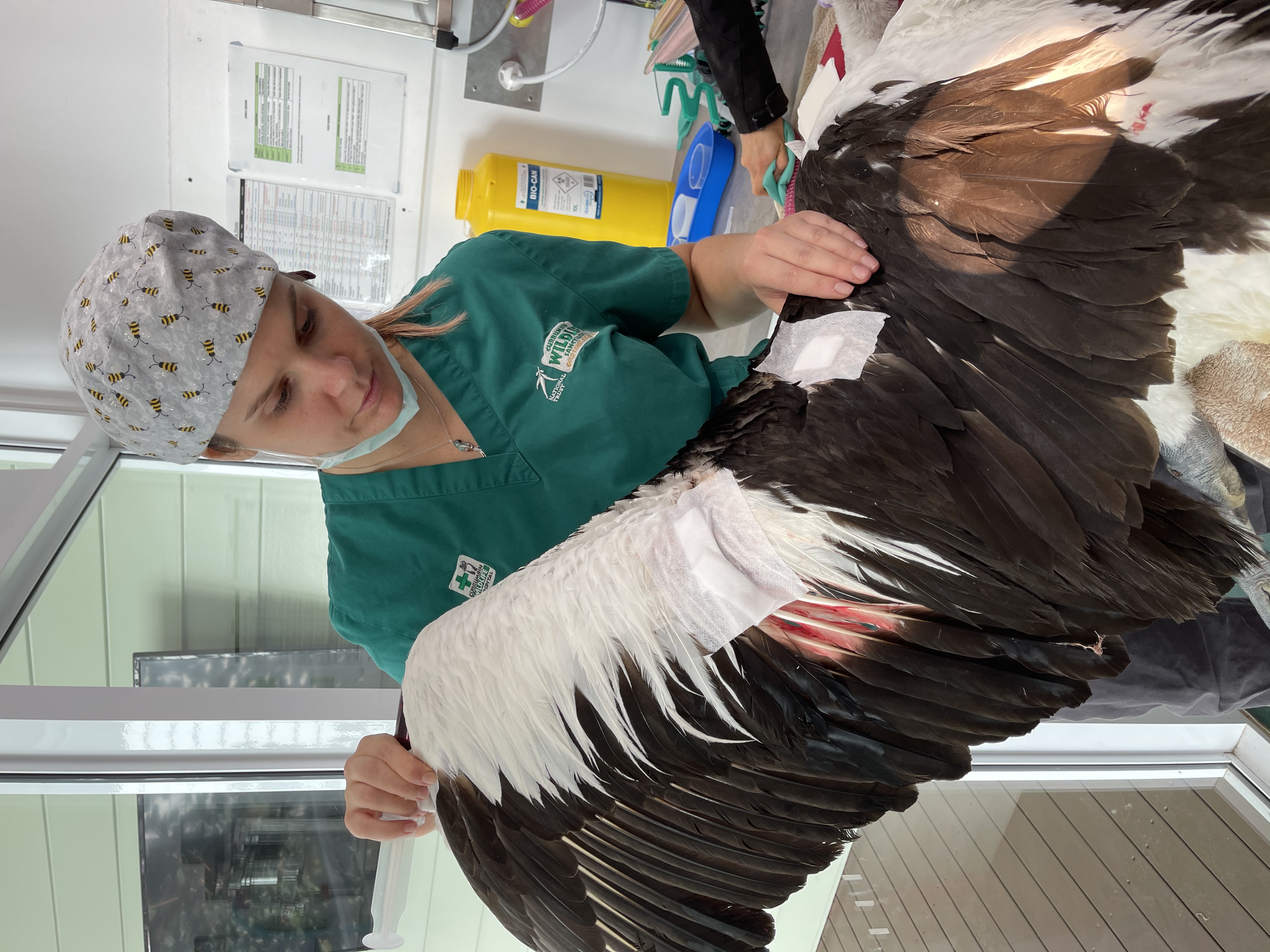Save Our Wildlife from Hooks & Plastic
As the weather warms up, Currumbin Wildlife Hospital is inundated with waterbirds and turtles affected by hook & plastic injuries. These patients have either ingested hooks and plastics or have become entangled in fishing line out in the wild. During the spring and summer seasons, the admissions rise as more people spend time outside fishing in the waterways.
If left untreated, injuries from discarded fishing line and hooks are a death trap for wildlife. The patients that are lucky enough to be rescued require expensive treatment and rehabilitation at Currumbin Wildlife Hospital.
The cost of removing a hook from a pelican’s stomach is $3000. Pelicans like Amity featured here with Dr Tina suffer severe trauma from hooks and it can be a slow and painful death in the wild without intervention. It is important to keep an eye on our precious wildlife as most of their suffering is from human impact.
There are many simple actions that can make a huge change:
- Dispose of your rubbish correctly
- Don’t feed birds while fishing as it encourages them to hang around and increases their chances of being caught in lines or swallowing hooks
- Don’t cast your line near birds
- Safely pick up discarded fishing hooks and lines when you see them
- If wildlife is hooked or entangled, don’t cut the line
- If you see an animal with a fishing hook or line injury, immediately seek help by calling Currumbin Wildlife Hospital on (07) 5534 0813 or your local wildlife organisation
It’s important to share these messages with your family and friends. It’s also crucial that we educate the next generation about the environmental dangers of hooks and plastic. Education can reduce unnecessary suffering while also taking the pressure off our vet team who deal with these trauma cases every day.
Help us reduce trauma in the wild by donating today.

